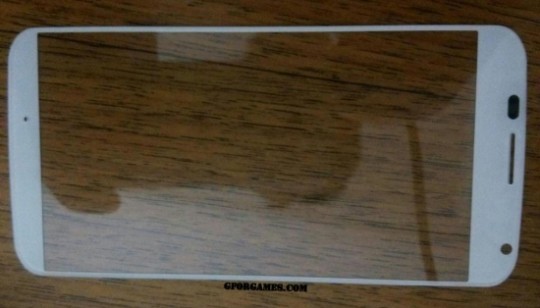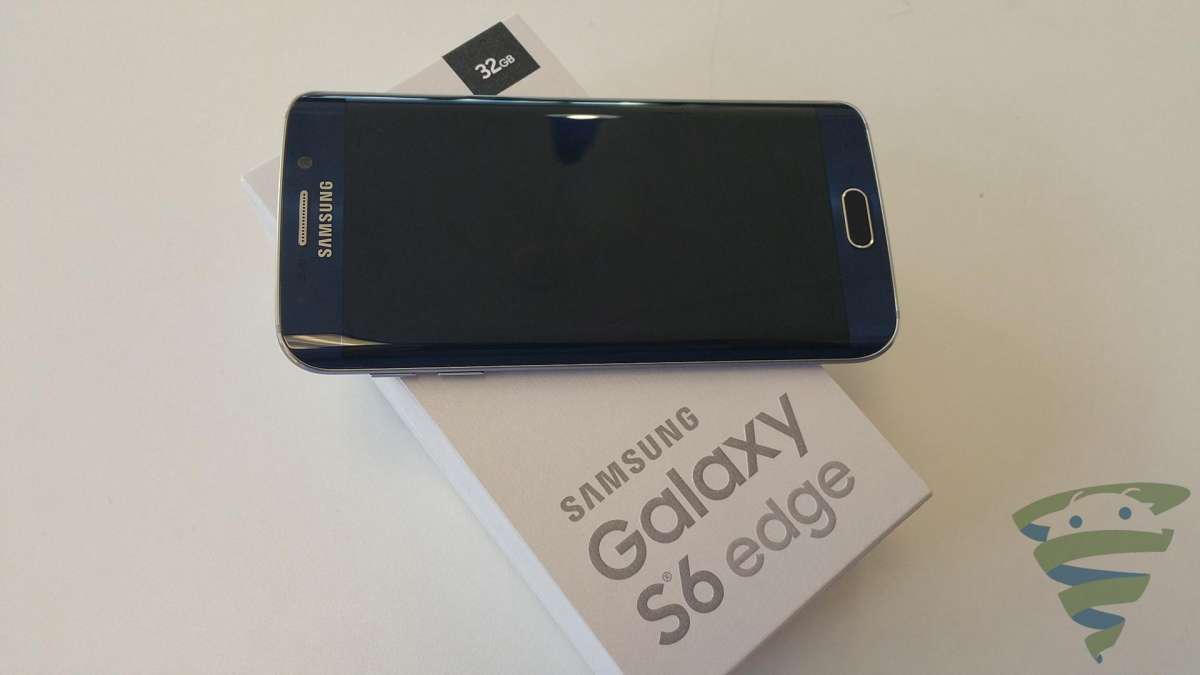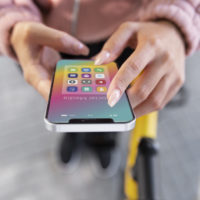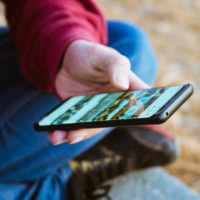That’s a small statement that takes a lot of weight off the worlds shoulders. Google’s VP of Engineering for Android, Andy Rubin, has agreed that the current pace of the Android OS is not sustainable forever. This is good and bad news at the same time.
The good news is that OEM’s and developers will have a chance to stay up to date with the releases. Which means more carriers and manufactures of devices will actually have time to get updates out to current products instead of you waiting and wondering if your device will ever receive one, hence the Samsung Behold II debacle. It will make life a lot easier for development of newer applications. Â With one year before the next roll out, the developer will have time to perfect their application and only need to modify it for the new OS instead of starting all over again. Which in short means more stability.
The bad news, well, I’m a junkie and I love updates. I also hate waiting on OEM’s! So, the bad news isn’t all that bad. It will give us all time to get used to the changes and the new system before its changed again. Quoted from Andy Rubin:
So we launched it, and from our internal 0.8, we got to 1.0 pretty quickly, and we went through this iteration cycle. You’ve noticed, probably, that that’s slowed down a little bit. Our product cycle is now, basically twice a year, and it will probably end up being once a year when things start settling down, because a platform that’s moving — it’s hard for developers to keep up. I want developers to basically leverage the innovation. I don’t want developers to have to predict the innovation.
It makes a lot of sense. With Android growing 700% since its launch, and everyone rooting for it to take a chunk out of iPhone and WinMo, we are definitely making a dent. With steady improvements and leaps and bounds in speeds and tweaks, I think we are finally getting to a very competitive and highly functionable point. I believe once a year updates will help keep us all fresh and on the same page.
Source: Â androidandme.com










